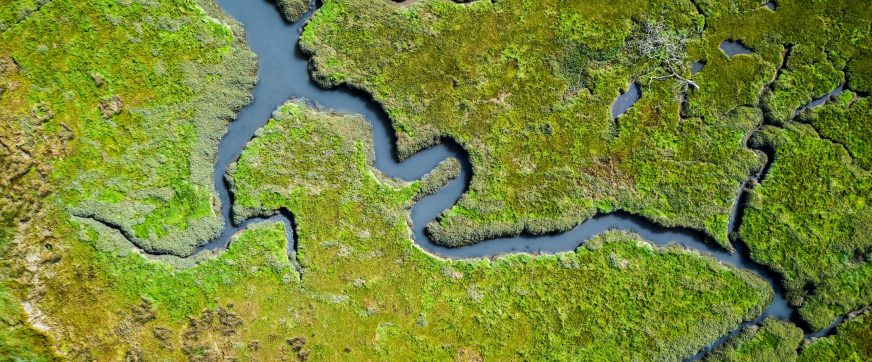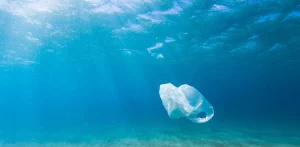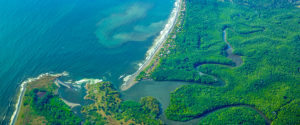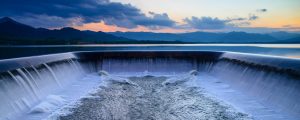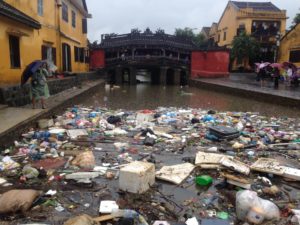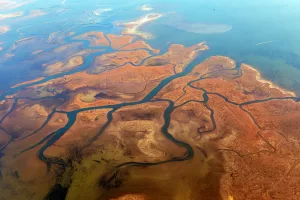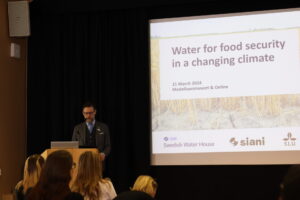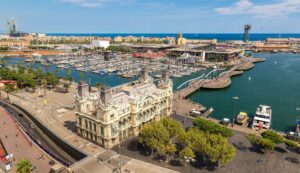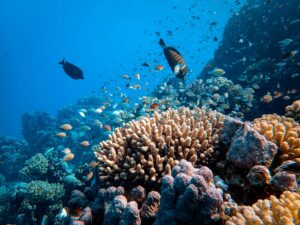Water and Wetlands: interdependent and under threat
“With climate change expected to increase water shortages, wetlands’ water management role has never been so crucial to bio-physical and socio-economic resilience”
The Ramsar Convention on Wetlands is part of the SIWI-hosted Action Platform on Source to Sea Management, how has this partnership assisted the Convention in achieving its goals?
Being part of the Platform has facilitated engagement with organizations that can contribute to the conservation and wise use of wetlands. Ramsar Convention on Wetlands has been able to increase the understanding of the role wetlands play in the source-to-sea system through S2S Platform activities. Shared knowledge and commitments will help us as we strive to restore nature and protect life on land, in the water and oceans.
The Action Platform on Source to Sea Management recently published its 2021-2025 Strategy, how can the Ramsar Convention on Wetlands contribute to achieving its goals?
The Ramsar Convention will be supporting countries that are working for the conservation of wetlands, including freshwater, coastal and marine ones such as mangroves and sea grasses. As co-custodian of SDG 6.6.1 indicator we are contributing to data through the reporting mechanism of the Convention, international co-operation and active designation of Wetlands of international importance. This will lead, in part, to wise use of wetlands.
It is also important to raise awareness of the need for the source-to-sea approach to management if we are to achieve the wise use of wetlands. We at the Ramsar Convention on Wetlands see our participation in the S2S Platform and its activities as conducive to enhanced commitments to collaborative action and the success of the Platform. This is why it is a priority for us to remain active in our role as members of the Platform.

